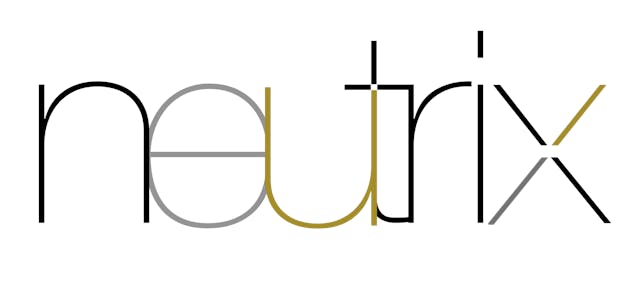Embracing Hesitation: How Indecisiveness Sparks Evolutionary Growth
by Justin Dabish | June 27, 2025

The Indecisiveness of a Complex Paradigm
How Unstable Systems Spark the Next Stage of Human Experience
Complexity has a habit of breeding hesitation. Stand at the intersection of technology, culture, and personal identity, and you will feel the pull of a thousand possibilities at once. Each path branches, each branch forks again, and soon the act of choosing can seem heavier than the journey itself. Yet within that fog of indecision lies the raw material for the next leap in how we live and work. An evolving paradigm does not lock us out; it invites us to reimagine choice itself.
1. Complexity and Choice Fatigue
Modern life gives us countless tools, platforms, and ideologies. The flip side of abundance is paralysis. Behavioral scientists call it choice overload: the more options at hand, the less likely we are to pick any. This indecisiveness looks like failure, but beneath it runs a deeper current. When standard answers no longer fit, hesitation signals that the mind is searching for a new framework.
Indecision is not always weakness; it can be the first recognizable sign that the paradigm has outgrown its previous form.
2. Paradigm Shifts and Evolutionary Pressure
In nature, evolutionary leaps often follow periods of instability. Ecosystems wobble, niches blur, and species must adapt or fade. Our mental and social ecosystems behave similarly. Unclear rules and competing truths create stress, but stress is also a crucible. It forces experimentation, spawns fresh strategies, and eventually births a clearer order.
Complexity pressures us to evolve novel habits, skill sets, and mental models. The hesitation we feel is evolution pausing to repack its toolkit.
3. From Paralysis to Prototyping
Treat indecision as a prototype phase. Instead of pushing for instant clarity, outline micro‑experiments:
- Define a sandbox
- Choose one bounded space, one project, one habit, where failure is survivable.
- Run short iterations
- Test assumptions in cycles measured in days, not months.
- Collect low‑resolution data
- Ask, “Did this move the needle on engagement, learning, or well‑being?” Precision will follow once direction is set.
- Archive along the way
- Document dead ends. Future you will need those maps of what did not work.
The paralysis lifts once motion returns, even if that motion is small. Complexity turns from foe to teacher.
4. Building Personal Anti-fragility
Author Nassim Taleb coined antifragile for systems that gain from disorder. To become antifragile amid a shifting paradigm:
- Diversify your inputs
- Read outside your industry. Talk to people whose assumptions cancel out your own.
- Invest in slack
- Keep spare time or resources that can absorb shocks and allow for exploration.
- Embed feedback loops
- Turn reflection into a routine, not a rescue mission.
- Celebrate revision
- If the plan changes, note the improvement rather than the error.
Indecision shrinks when you train yourself to see uncertainty as a resource instead of a threat.
5. Toward a Novel Life Experience
What emerges once we embrace the ambiguity of complex paradigms? We find ourselves living experiences that were not possible under older, more rigid systems. Careers blend disciplines, families span cultures and geographies, and value is created in corners no playbook has charted. Novelty becomes the norm, not the exception.
The future belongs to those who treat each moment of uncertainty as evidence that the frontier just moved closer.
Overall...
The indecisiveness you feel in the face of complexity is not a malfunction. It is a signal that your internal compass is recalibrating to a moving landscape. Accept the pause, design controlled experiments, and cultivate antifragility. In doing so you transform hesitation into the launching pad for an evolutionary, novel life experience. One defined not by the certainty of old maps but by the courage to keep exploring after the map ends.
Tags: Life,Business,Technology,Marketing



